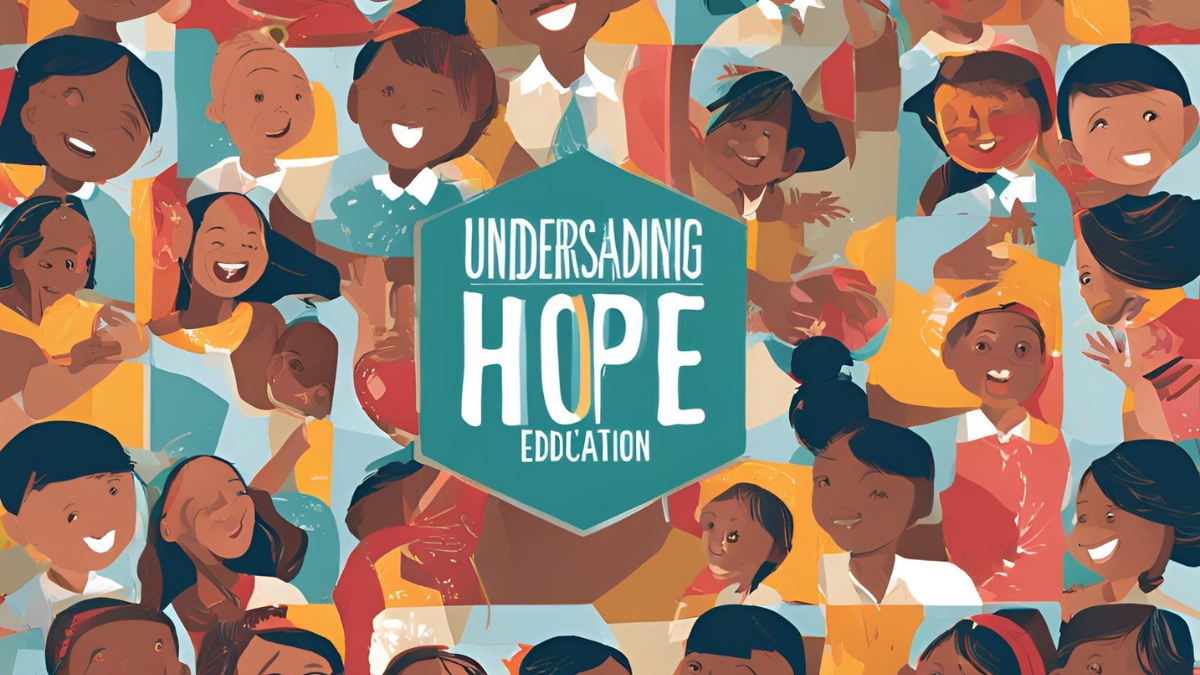In a world filled with challenges and uncertainties, education remains a beacon of hope that empowers individuals and enriches communities. “Hope education” encapsulates an approach to learning that not only focuses on academic achievements but also builds resilience, positivity, and a future-oriented mindset. By cultivating hope in educational settings, we can inspire students to overcome obstacles and strive for excellence in their personal, academic, and professional lives.
What is Hope Education?
Hope education refers to the integration of hope theory into educational practices. Rooted in psychology, particularly the work of Dr. Charles Snyder, hope is seen as a motivational dynamic that encompasses three key components:
- Goals: The ability to formulate clear, attainable objectives that one aspires to reach.
- Paths: The development of strategies and pathways to achieve these goals, including anticipating potential obstacles and planning for contingencies.
- Agency: The belief in one’s ability to take action and influence outcomes, fostering a sense of ownership and responsibility.
By fostering these elements within educational environments, hope education empowers students to envision their futures and pursue them with optimism and determination.
The Importance of Hope in Education
- Psychological Resilience: In an era where mental health challenges are on the rise, hope education can bolster resilience among students. It encourages them to view setbacks as temporary and surmountable, enabling them to bounce back from difficulties.
- Academic Achievement: Students with a strong sense of hope tend to set higher academic aspirations and are more likely to achieve them. By nurturing hope, educators can help students unlock their full potential and enhance their academic performance.
- Social and Emotional Development: Hope education promotes social-emotional learning, crucial for building interpersonal skills and fostering empathy. Students learn not only to pursue their goals but also to support their peers in their journeys.
- Community Engagement: Hopeful individuals are more likely to engage with their communities and contribute positively. Hope education encourages students to develop a sense of social responsibility, facilitating collective efforts to create lasting societal change.
Implementing Hope Education in the Classroom
- Cultivating a Positive Environment: Creating a classroom atmosphere that recognizes and celebrates all forms of achievement, no matter how small, boosts the confidence and motivation of students.
- Setting Collaborative Goals: Encouraging students to work collaboratively to set personal and group goals fosters a sense of agency. Teachers can provide guidance while allowing students the freedom to strategize their paths.
- Encouraging Reflection: Regular reflection on successes, challenges, and future aspirations allows students to internalize their learning experiences. Reflection can be guided through journaling, group discussions, or personalized feedback.
- Implementing Hope-Infused Curriculum: Incorporating hope theory into the curriculum can enhance learning outcomes. Lessons can be designed to focus on problem-solving, goal-setting, and developing a growth mindset.
- Mentorship and Support Systems: Establishing mentorship programs creates avenues for students to connect with role models and receive guidance on navigating their paths toward success.
Conclusion
Hope education represents a transformative approach to learning that transcends traditional educational goals. By focusing on fostering hope within students, educators can build resilient individuals prepared to tackle life’s challenges head-on while working towards their dreams. Embracing hope education not only enriches the lives of students but also creates a ripple effect, inspiring hope within communities and, ultimately, shaping a brighter future for all.
